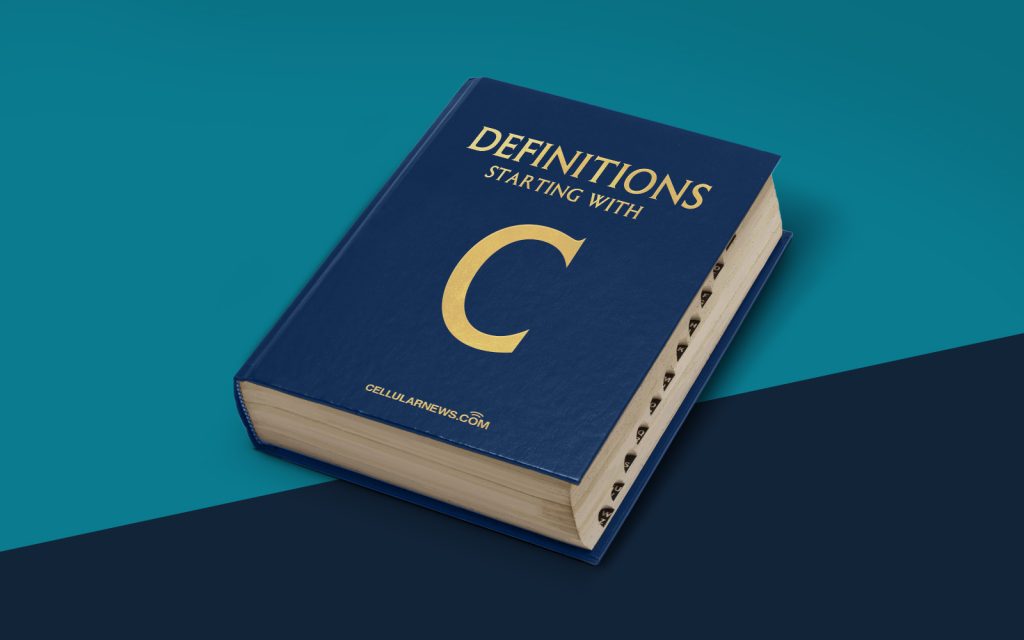
Welcome to the World of C++ Programming Language!
Are you a coding enthusiast or someone interested in programming languages? Well, you’ve come to the right place! In this article, we will explore the fascinating world of C++ programming language and help you understand what it is all about. So, let’s dive right in!
Key Takeaways
- C++ is a high-level, general-purpose programming language that was developed as an extension of the C programming language.
- C++ combines the features of both low-level and high-level programming languages, making it a versatile choice for a wide range of applications.
C++ is a powerful and versatile programming language that has been widely used for over four decades. It was initially developed as an extension of the C programming language by Bjarne Stroustrup. The “++” in C++ represents the increment operator in programming, symbolizing an improvement over C.
C++ encompasses the features of both low-level and high-level programming languages, making it capable of handling both system-level programming and user-centric applications. It offers a rich set of built-in libraries and tools, providing programmers with great flexibility and control.
Here are some key features and characteristics of C++:
- Object-Oriented Programming (OOP): C++ supports the paradigm of Object-Oriented Programming, allowing programmers to structure their code in terms of objects and classes. This promotes code reusability, modularity, and encapsulation.
- Efficiency and Performance: C++ is known for its efficiency and performance. It provides low-level control over hardware resources, making it suitable for developing applications where speed and memory management are critical.
- Platform Independent: C++ is a platform-independent language, which means that it can be compiled and run on different operating systems without major modifications.
- Extensibility: C++ allows programmers to extend its core functionalities by creating user-defined libraries and classes. This enables code customization and the development of reusable components.
- Compatibility with C Code: C++ is highly compatible with existing C code, allowing seamless integration of C libraries and modules into C++ projects.
C++ has been widely used in various domains, including software development, game development, embedded systems, scientific computing, and more. It is the programming language behind popular software like Adobe Photoshop, Mozilla Firefox, and many others.
Conclusion
In conclusion, C++ is a versatile and powerful programming language that combines the features of both low-level and high-level programming languages. It provides programmers with great flexibility, efficiency, and control over their code. Whether you are a beginner or an experienced programmer, learning C++ can open up a world of possibilities in the world of software development. So, why not give it a try and explore the amazing world of C++ programming language?
